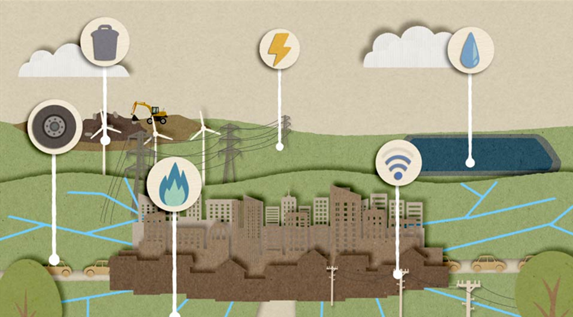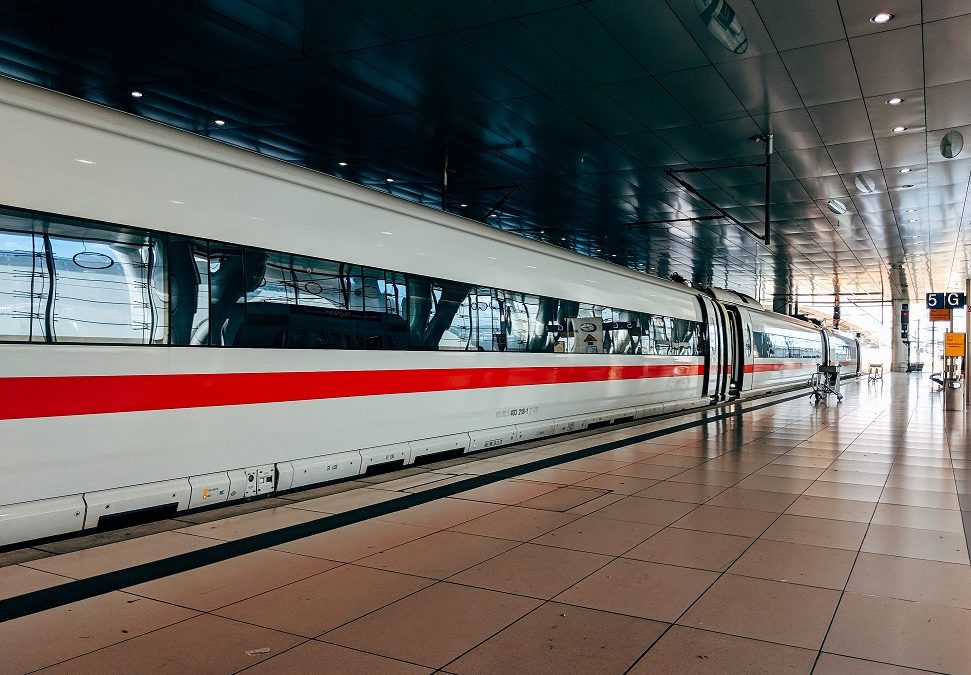Torik Holmes, Carla De Laurentis, and Rebecca Windemer examine how infrastructures are acting as platforms through which solutions to climate emergencies can transpire.


Torik Holmes, Carla De Laurentis, and Rebecca Windemer examine how infrastructures are acting as platforms through which solutions to climate emergencies can transpire.

Matthew Paterson and Charlotte Weatherill discuss hidden infrastructures that exist as barriers to replacing flights with train travel.

Anna-Maria Köhnke explores the role universities and students play in the climate movement.
Jo Mylan reflects on an event aiming to communicate academic research on the development of more sustainable food systems and facilitate dialogue with the general public and other stakeholders.
Sherilyn MacGregor and Nafhesa Ali examine how achieving net-zero targets will benefit from the inclusion of racialized minority communities in policy debates.
Ende Gelände mobilised thousands in Germany in October, targeting both coal and gas and developing tactics to protect activists from coronavirus transmission.
Mariel Vilella discusses how COVID-19 has shaken up our waste management systems.
Filippo Oncini reflects on the results of a study aiming to understand the obstacles, needs and prospects of food support providers in Greater Manchester [1] after the Covid-19 peak.
Sherilyn MacGregor and Maeve Cohen on ‘rainbow recovery’ and the need for a recalibration of the social and economic priorities.
Hannah Battersby explores how the worldwide animal agriculture industry is a key driver of zoonotic disease, pollution, climate change, and biodiversity loss.